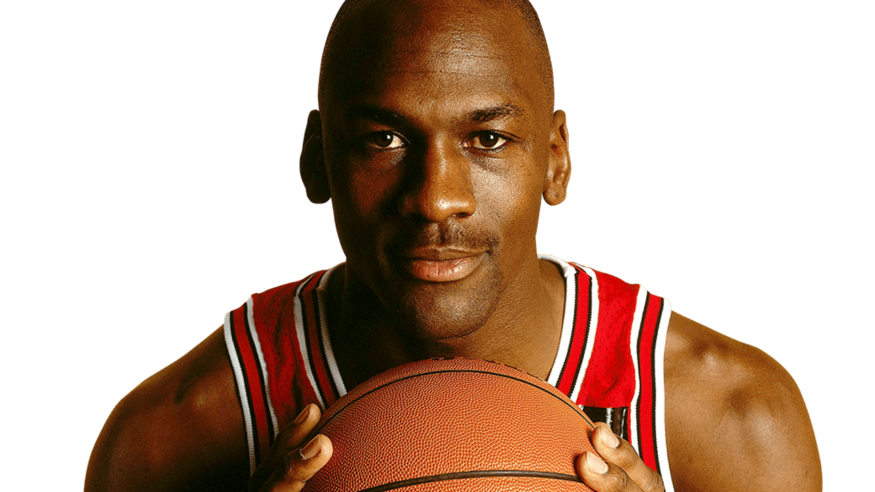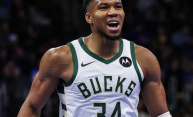
Basketball legend Michael Jordan, now 62, is returning to television as NBC Sports' newest special contributor for the 2025–26 NBA season. The announcement, made on 12 May 2025, marks the first time Jordan has taken on an active broadcasting role since his retirement from professional basketball.
NBC Sports confirmed that Jordan will appear in select pre-recorded segments and feature stories, offering commentary and insight throughout the upcoming season.
The move coincides with NBC's long-awaited return to NBA broadcasting after more than two decades. The network last held the rights in 2002, during Jordan's playing years with the Chicago Bulls and Washington Wizards. 'I am so excited to see the NBA back on NBC,' Jordan said in the network's press release. 'The NBA on NBC was a meaningful part of my career, and I'm excited about being a special contributor to the project.'
NBC executives say Jordan's involvement will bridge generations of basketball fans while reviving the nostalgia associated with the classic NBA on NBC era, famous for its 1990s broadcasts that coincided with Jordan's dominance on the court.
Why NBC and Jordan Are Teaming Up
NBC's new 11-year broadcasting agreement with the NBA and WNBA begins this season, and the addition of Jordan to its coverage brings instant credibility and market appeal.
Industry analysts note that his participation could significantly boost ratings and brand engagement, especially among older viewers who remember the original NBA on NBC era.
For Jordan, this return to the network represents more than nostalgia. It provides a modern media platform to expand his influence and reach beyond basketball and business. In recent years, Jordan has become increasingly selective about public appearances, with the exception of his involvement in The Last Dance documentary.
His partnership with NBC Sports suggests a renewed interest in shaping basketball storytelling for a new generation of fans.
Reports indicate that Jordan's segments will focus on retrospective insights, player mentorship stories, and behind-the-scenes commentary. Though his role will not include full-time commentary, NBC sources describe it as a long-term collaboration designed to evolve with the network's new NBA era.
Michael Jordan's $3.8 Billion Net Worth
Jordan's net worth, estimated at around $3.8 billion (£2.84 billion) according to Forbes, remains the highest among former professional athletes. Forbes and other 2025 rankings attribute his fortune to a blend of endorsement deals, ownership stakes, and investments.
His most lucrative asset remains his partnership with Nike through the Air Jordan brand. Analysts estimate that Jordan has earned over $1.7 billion (£1.27 billion) in royalties since the collaboration began, with Jordan Brand products generating about $7 billion in 2024 alone.
In 2023, he sold his majority ownership in the Charlotte Hornets for nearly $3 billion (£2.24 billion), significantly increasing his personal fortune.
Jordan also owns stakes in 23XI Racing, a NASCAR team co-founded with driver Denny Hamlin, and several luxury and hospitality ventures. His involvement with NBC Sports adds a new layer to his portfolio, extending his influence into broadcast media.
While financial terms of the NBC deal have not been disclosed, some reports suggest the collaboration could be worth tens of millions annually.
Cultural and Financial Impact of His NBC Role
Jordan's decision to re-enter the spotlight through NBC reflects his continued relevance in global sports culture. For the network, his presence ensures an immediate ratings advantage and a connection to basketball's golden era.
For Jordan, it reinforces his position as both a business mogul and cultural figure whose legacy transcends the game.
Industry experts note that appearances like this help maintain Jordan's market visibility, sustaining the value of his brand and future collaborations with Nike and other corporate partners.
As athletes increasingly transition into media and entrepreneurship, Jordan's return to NBC demonstrates how retired icons can remain commercially and culturally influential long after their playing careers end.
Originally published on IBTimes UK
© Copyright IBTimes 2025. All rights reserved.










